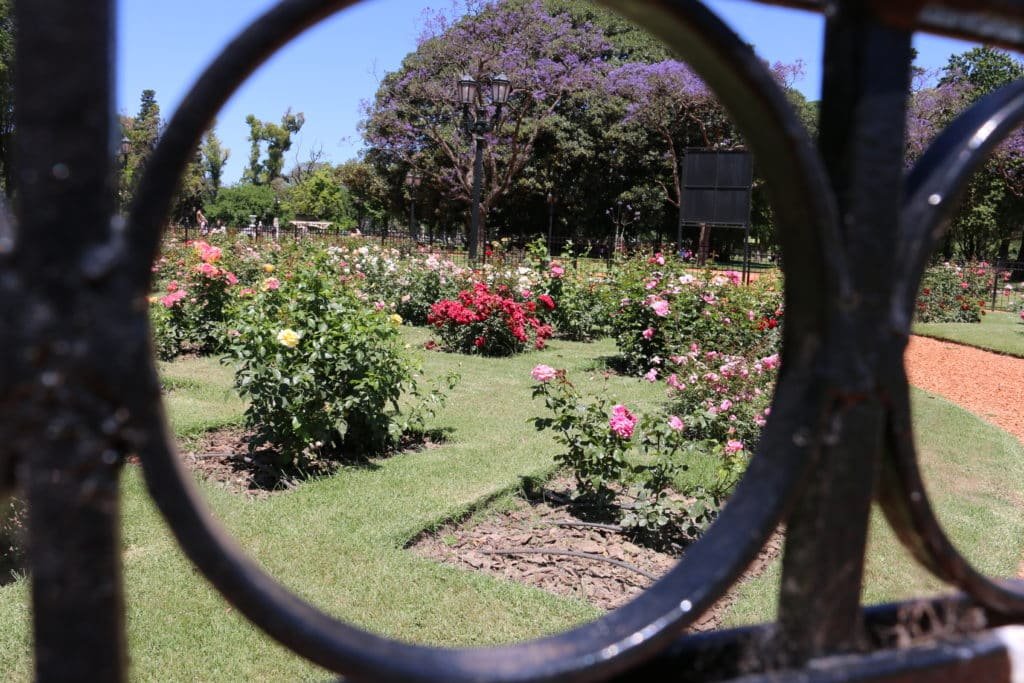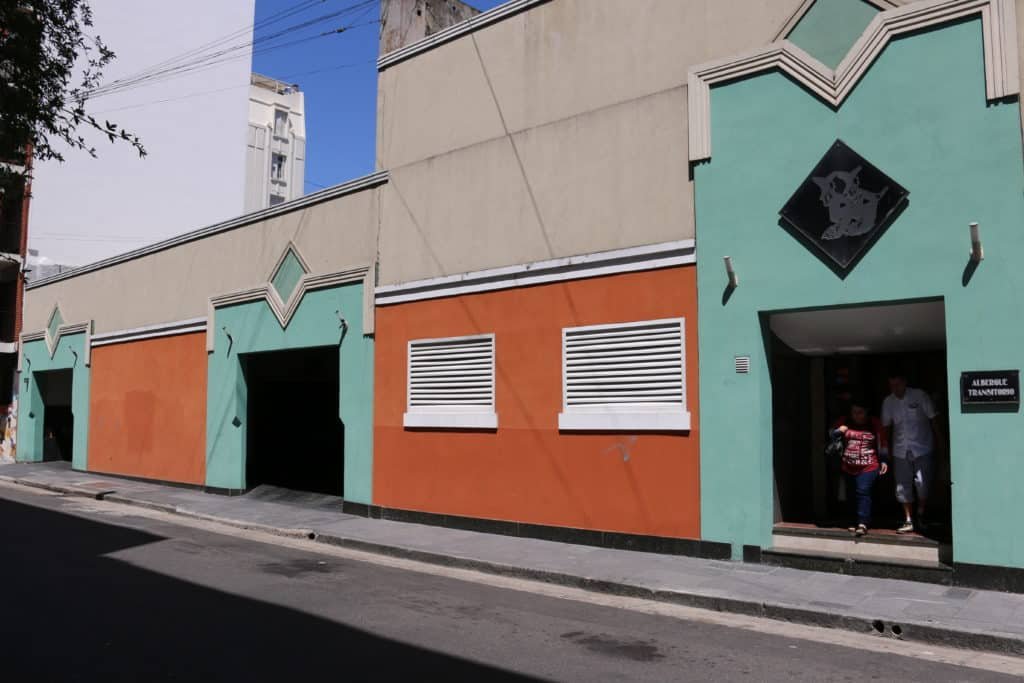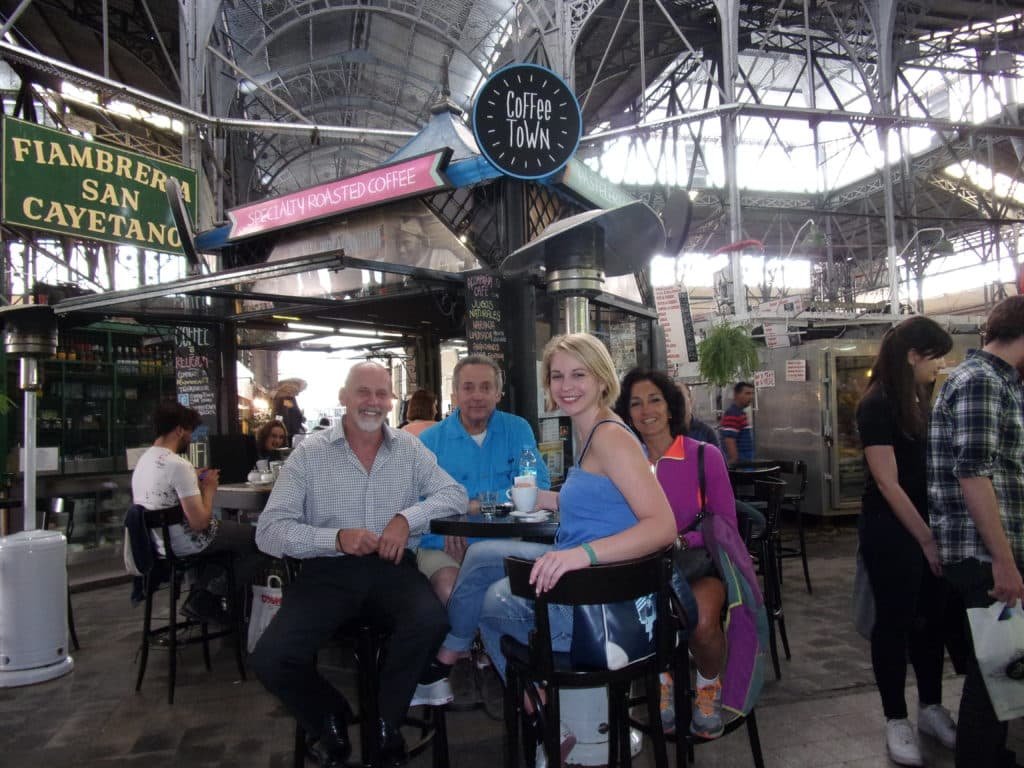A writer’s dilemma

“Whatever you do, DON’T touch the tapirs!” These were my strict instructions from the ranger. But how should you respond if the mommy tapir decides to lick your hand? (Notice the baby in the lower left corner. The mother wears a radio collar.) Corrientes province, Argentina.

Talia Zamboni, employee of Conservation Land Trust, who is also my guide, looks for a radio signal from the collar of a mommy and her baby tapir. Happily, she also knew the way back to the vehicle, because after a ten minute walk everything all looks hopelessly the same. Corrientes province, Argentina.
If you are new to this blog, my name is John Bechtel, and I am a retired business owner, and now I’m a writer. Why do I write? I don’t know if I know why. I just always have. In fifth grade for some reason it was decided that I would write the class play. In high school I was asked to be the Features Writer for the school newspaper. When I asked what a Features Writer writes about, I was told, whatever you want. In business, I wrote my own sales copy and a newsletter for decades, and I got published in many trade journals. Eventually I taught business communications at Fortune 500 and government conferences.
Writing or Marketing?
Four years ago, I attended a Travel Writer’s seminar in San Diego and made many friends. I thought I was going to be an old man in a very young crowd. I was wrong. There were lots of us who had traveled here and there, and thought why not get paid to write about it? Probably most of the attendees didn’t have the kind of writing background that I did, and there was lots of encouragement for them not to worry about that. Apparently the writing isn’t the most important ingredient in travel writing. What was the secret to success? Marketing–yourself.
With a few years of experience under my belt, I would have to agree with this advice. Over the years I had subscribed to many travel magazines, and I had more or less decided that people bought those magazines for the photos, and that there was a dull sameness to the text of the articles, sort of like formula romance novels. Later I was to learn about copywriting, which is the art of writing advertising content that doesn’t sound like advertising but really is. Somewhere in there, the infomercial was invented. It was sales copy masquerading as educational material. You could sometimes learn more from really good advertising copy than you could from an academic article. I now came to understand that travel writing was a prettified form of copywriting; it was sales copy with beautiful photos, and the product was tourism. We are not there to compete for the Nobel prize for literature, but to persuade people to spend their money to travel to specific places.
Travel writing as a refined, subtle, soft sales pitch
We don’t hear the word infomercial used much anymore, but there is more of it in practice than ever before. That probably has something to do with the new term “fake news”, which to me is really old news. Fake news is invented news or giving so much ideological spin to an event that reporting becomes rant. As a form of copywriting, travel writing is a brief and glossy upsell of a better lifestyle, with details of what to eat, where to stay, and what to do when you get to where everyone else either already is, or soon will be–ahead of you. Travel writing is about putting the best possible spin on the travel experience. It is different from reporting. Travel writing is a soft sales pitch. As a sort of backlash against a tendency to exaggerate in advertising copy for travel, we have witnessed the rise of agencies where travelers can rate every purchase experience. This is also part of the drive for credibility in media.
The battle for credibility
Everyone knows that to write an effective PR piece you have to make it sound more like news, because “news” supposedly has more credibility than advertising. Or at least it used to. Credibility is the gold standard of advertising, media, and politics; believability: can your message pass the snicker test? (not to mention a loud guffaw!) In all parts of our society, truth telling seems to be of lesser importance compared to the value of “influencing” others. So much so, that now “influencer” is a new career choice, and has found its way onto resumes and ad copy along with other buzzwords like sustainability, authentic travel experiences and bespoke tours. My idea of farm-to-table is simply finding a tomato that tastes and smells like a tomato. Farm-to-table is not a new concept, and it is practicable in some places and not in others. And I think that authentic travel is often the travel industry equivalent of a more meaningful one night stand. The idea is commendable: to close the gap between what the tourist experiences and the local lives. Our markets however want us to paint pictures of idyllic destinations of perfection and joy; and too much negativity (some would say reality) threatens sales. Exceptions to this rule might be cause-related writing, where the goal is to inspire activism to ameliorate some unfortunate situation. But for every “funeral”, we will write about a hundred “weddings”.
The travel writer’s dilemma: travel writing as a sustainable way to earn a living
Which brings me in a very roundabout way to the travel writer’s dilemma. The goal of the travel writer is to obtain a commitment by an editor to publish an article you intend to write after you visit a place, and then to use that assignment to persuade the destination managers or local business people to gift you free lodging, meals, and entrances to events and attractions. You often begin at the bottom, writing for free for websites or whatever you can find, and you graduate up to $25, $50, and $75 dollar assignments. You experience extreme giddiness when you start receiving $150 fees. Without the freebies, there’s no way you could break even financially on very modest assignments. Probably very few travel writers keep careful records of income and expenses, and even if they do, it is very unlikely they attach an appropriate dollar value for an hour of their time, or they fail to keep track of ALL of the time they invest in a travel assignment, research, and writing time. This is typical of a business start-up in any industry. If founders kept track of their time, they would be better off flipping burgers. That is the difference between passion and a job. The travel writer’s dilemma, then, is every business founder’s dilemma–how to turn their passion into a sustainable (which means profitable) business. Sometimes profit is viewed as a bad word, but that is nonsense. Profit is nothing more than the cost of doing business tomorrow. If you are running a lemonade stand and you don’t have enough money to buy more lemons at the end of the day, your lemonade stand is out of business.
Most travel writers, as far as I can tell, are passionate about what they do. This is partly because travel writing continues to be glamorized, and the announcement at a cocktail party that you are a travel writer inevitably carries a unique cachet with it. This, combined with the universal appeal of traveling itself creates an oversupply of travel writers, which depresses the prices their work might otherwise command. There are rafts of online magazines that do not pay for content. Those trying to earn a living from the craft may intellectualize their financial dilemma by emphasizing the monetary value of their comps. But those comps are a non-cash form of reducing expenses they would otherwise have had to pay out of pocket. Comps are not spendable, savable, or investable. They are expenses of the travel writer’s business that a third party paid in exchange for anticipated benefits–tourist traffic stimulated by the travel writer’s words.
For many travel writers therefore, this profession is about traveling to places they could not otherwise afford to visit, and after comped expenses and revenue from publications, they are happy to have broken even on the cost of the trip, or managed to take the trip at a fraction of its normal cost.
Don’t romanticize comped amenities: A new bed is not always a better bed
By the time I got my new identity as a travel writer, I had already traveled to dozens of countries, and I wasn’t always impressed with a new bed. I enjoyed indigenous food and upscale cuisines and I have also spent a week on the toilet from some misadventures. In the long run, I often prefer my own cooking to some very expensive restaurants I have tried. It is a human frailty, IMO, to value something highly because some crowd somewhere seems willing to pay outrageous prices for it.
If you are going to write about a place for a magazine, your article has to conform to the requirements and tastes of that magazine’s editors, advertisers, and readers, and you also need to say nice things about the destination, those people who gifted you free stays and services. If a destination or PR firm accords you the holy grail of the industry, i.e. free airline tickets, you need to bring a dowry with you of publications with high circulation figures. And you need to say really, really nice things about your benefactors.
Yes, we all will probably experience some adventures that we would have missed out on if it were not for our travel writing, and that is part of the reward of our profession. But it is a mistake to be overawed by comped amenities, because it can cloud our business judgment. And it is our good business judgment that will facilitate our rising above survival level as a writer. Only then does our travel writing business become sustainable.
Influencing the influencers
The destination representatives seek to influence our evaluation of their attractions. We write articles that our publishers and editors hope will influence their readers to visit certain places. And there is an entire industry dedicated to determining if our recommendations have been exaggerated or are overly subjective. Have the poor, misled tourists who ventured forth found the sunsets at the destination not quite as beautiful, the cuisine not quite as mouth-watering, and the cocktails not quite as robust as they had been led to believe? So large, financially secure publishing firms in the industry whose names we don’t need to mention, loudly proclaim their virtue by advertising their standards of high integrity–that they will not grant assignments to travel writers who accept gratuities or comps from destination representatives. Their influencers will not be influenced! Whether or not this improves the integrity of the reporting to me is a dubious claim at best, but what it does is raise entry barriers to newcomers to the travel writing industry. It protects those who have already arrived from competition by new arrivals. New arrivals have the option of self-funding their travel expenses, which means operating at a loss for months or years because most publications pay very little for their writing, rarely enough to break even on their expenses of getting there and getting around.
[Note to reader: I have purchased and read the book advertised below, and recommend it for very interesting highlights of life behind the editor’s desk, and what they have to say about us freelancers. Easy reading and informative. I loved the author’s list of the worst pitches he ever received!]
No professional credit for free writing!
Recently, while working on my Distribution List, which is the list of magazines that I might want to write for, I read the website of one online magazine start-up that positively gushed about distinguishing themselves by their high standards of editorial integrity by rigidly enforced standards of no comps for their contributors. They of course, only paid expenses for a few select staff writers, and freelancers were on their own. If they accepted a comp, they were disqualified by the magazine as contributors. For the record, a comp is an expense of travel that is not paid by the publication or the writer, but paid or absorbed with OPM–other people’s money, usually merchants who hope to benefit from the “free publicity.”
I wrote to this online publication, quite out of curiosity, and said I imagine that with their strict moral standards, they undoubtedly pay better than average so as not to take commercial advantage of the writer struggling to survive while meeting their standards. The publication did not respond to my inquiry, but further research revealed that they relied on unpaid writers. I wonder if they are aware that some prestigious writers associations, such as SATW (Society of American Travel Writers) lists as their #1 criteria for membership:
- “Work published without payment — either of a traditional monetary fee or a proven revenue stream — will not be considered.“
For aspiring writers, the message is clear: you cannot run a successful business (which is what your travel writing is) by giving away your product. Non-paying publications are only valuable if in addition to a byline they provide high circulation figures that can help you up to the next rung. Or if they will go out of their way to help you get the comps that ease your financial burden. Other than that, they will use you as a free contributor as long as you are willing to play their game. And their paeans to integrity are very self-serving. Make a list of which outlets pay and which ones don’t, and start reducing the non-paying list and growing the paying list.
Maybe the writing is important, after all.
And in spite of what you hear that the writing isn’t that important, work really, really hard at the quality of your writing. We don’t need to be Hemingway, but don’t hit that Send button until you have read your entire piece aloud to yourself or someone else. Use software tools like Grammarly to catch your errors. And if you lack self-confidence, read some of the published travel articles and notice the mistakes that got past the writers and the editors. Notice the overuse of cliched adjectives. Make lists of them. Count them. You can do better, if you want to. My point is that there are enough good editors and sloppy writers out there, that if you are willing to work harder, you will find your place in the publishing world.
Trading our words for tourist dollars
You have probably figured out by now that we as travel writers trade our words for tourist dollars. We need good negotiating skills. And we need to earn a reputation for deserving top tier pay based on the quality of our work. The right answers for each one of us may not lie in the path traveled by everyone else. IMO, it is a mistake to place much value in how many articles you have published, except perhaps for self-promotion. There will always be someone who has had more published than you have. Let it go, or it can discourage you. You do not know how many of those published stories were for free, and how many were for very low dollar amounts. You do not know what social connections were used to achieve their goals, and you do not know how many stories were a result of their own vacations. You do not know what kind of hours they put in, something you may not be able to do in your own circumstances. Learn from everyone, but do not compare yourself to others. You will never know the whole story.
Focus on qualitative issues, such as, is my business profitable, using real numbers? Does it put money in my pocket or take money out of my pocket? Is it a business or an expensive hobby? Is it sustainable? Does it help me feel good about myself? Yes, there are many satisfiers to being a travel writer, but running up personal debt or going broke is hardly one of them.






Recent Comments